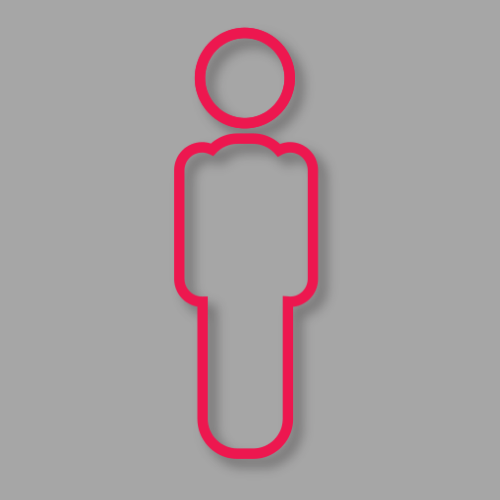Artificial intelligence is increasingly being used by employers (and recruiters) to help decide who to hire… but what are the implications for candidates and their future bosses?
How will AI in recruitment change the hiring process? And how will the automation of some tasks transform the skills that hiring managers need?
These are big questions, and not of the answers are clear, but here is our expert perspective on how AI will change hiring in the years to come — and what hiring managers can do to prepare.
How common is it to use AI in recruitment?
Although the use of AI in recruitment in Australia is fairly new, it is not uncommon, and it’s only expected to increase as the years go by.
Several aspects of the hiring process that were once carried out by people – aspects like resume screening and preliminary interviews – are increasingly being outsourced to AI, with researchers estimating that there are now more than 250 commercial AI recruitment tools being used in Australia.
As of last year, 30% of Australian organisations reported that they had utilised AI tools to assist in filling job vacancies.
Advantages of AI in recruitment
The appeal of using AI in recruitment isn’t difficult to see.
These tools make it easier to quickly and effectively managing huge bodies of information on candidates and can assist in achieving stronger alignments between candidate and the organisation, or the candidate and job, which can help to avoid to unfortunate cost of a mis-hire.
It’s no secret that many hiring managers find the, traditional recruiting process – application, interview, work test, referee contact – to be difficult and time-consuming.
So it’s understandable that increasingly time-poor managers are looking for ways to shorten the recruitment process - and AI can help to achieve this, whether it’s by streamlining the administrative processes or vetting potential candidates.
But what’s the trade off?
Where AI in recruitment goes wrong
While AI promises to make recruiting more efficient, there are also some big concerns around its use that both recruiters and hiring managers need to take seriously.
And perhaps in no aspect of the recruitment process is this more evident than outbound recruiting.
It’s something that is at the core of People In Focus and how we operate as recruiters: While AI can assist in outreach to potential candidates, it cannot replace the power of human connection.
There is a significant and obvious difference between having an automated, robotic outreach rather than a human being reaching out to you, showing genuine interest, and listening to you.
Particularly, when you’re dealing with top talent who don’t need to make a change or aren’t actively in the job market, there’s a level of influence and relationship-building a good recruiter uses that cannot be undervalued.
That’s how a skilled recruiter can move the conversation from “Why are you reaching out to me? I’m not looking” to “Actually, I’d like to be considered for that job.”
Another limitation of AI in recruitment is that AI can only function when you feed it data, so if you have bad or insufficient data, your AI may not be accurate enough for your recruiting process.
For example, a candidate might use a different phrase or keyword to describe a skill. If the AI doesn’t have enough data to realise the skill is transferable, it may skip over a qualified candidate.
Recent research has revealed that AI-assessed job applications reinforce biases against women and cultural minorities. A well known piece of research in this area was conducted at Amazon, where programmers loaded up an AI resume screening tool with resumes from men. The AI then preferenced future resumes from men, disadvantaging women.
Studies have also shown that candidates with non-western names, including Arabic and Asian names, also receive far fewer invitations for interview than candidates with western names.
How to best use AI in recruitment
If using AI in your recruitment process is something you’re interested here are the next steps we’d recommend:
Always look over the results from AI - it’s role is to assist you not do all of the work for you.
Ensure that you give your AI tools quality data to read.
Don’t allow AI to replace essential human parts of your recruitment process. Building relationships, trust and influence among candidates is not the job of a robot.
Interested in more recruitment insights? Click here to keep reading.


